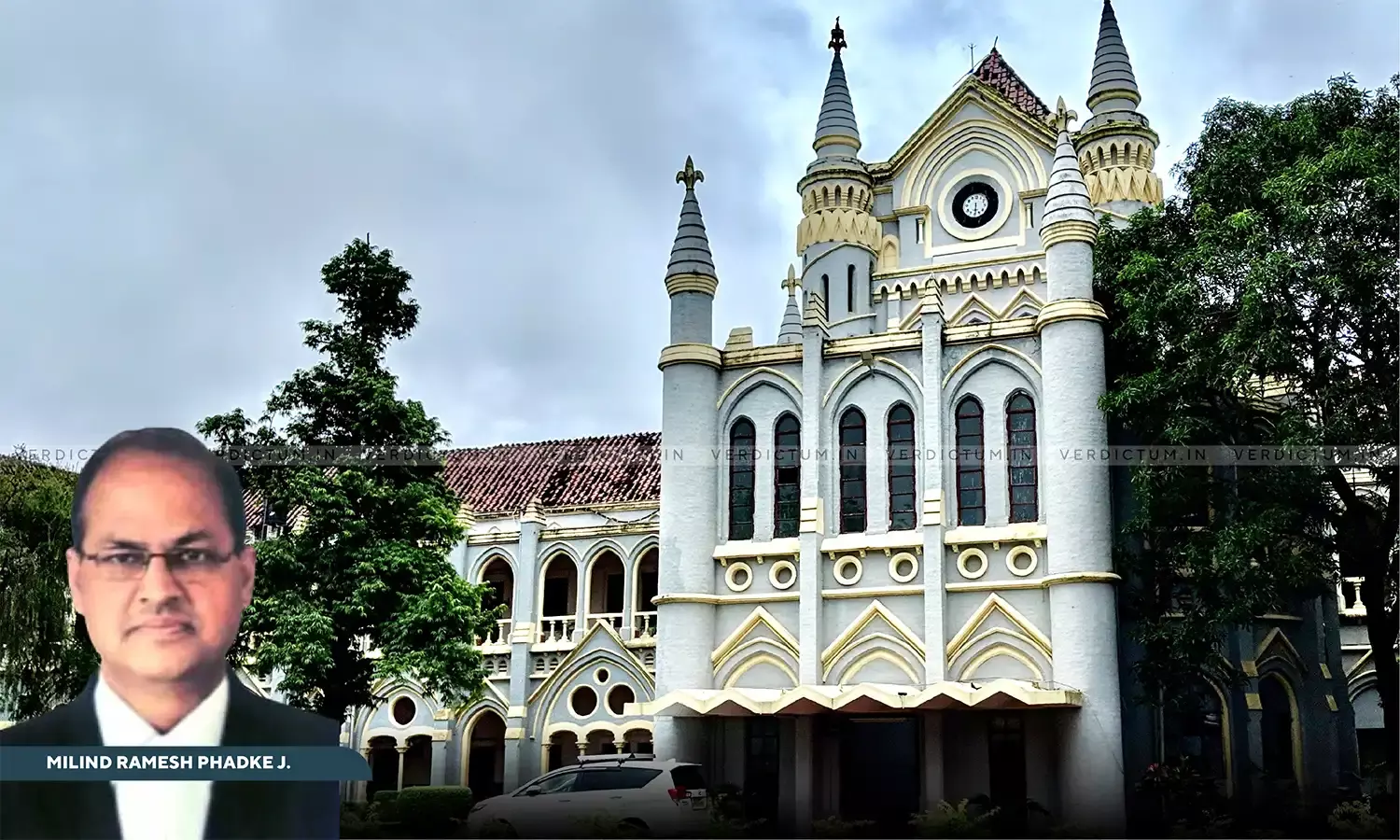Prima Facie Observation By Magistrate While Directing Registration Of FIR Does Not Amount To Taking Cognizance: Madhya Pradesh High Court
The High Court also said that once cognizance is taken, the Magistrate cannot resort to Section 156(3) CrPC.

Justice Milind Ramesh Phadke, Madhya Pradesh High Court
The Madhya Pradesh High Court observed that the view that a prima facie observation by a Magistrate while directing registration of FIR under Section 156(3) of the CrPC amounts to taking cognizance is clearly unsustainable and contrary to the law.
The High Court underscored that the Magistrate has two courses open when a complaint disclosing a cognizable offence is filed; either to direct registration and investigation under Section 156(3) of the CrPC, or to take cognizance under Section 200 of the CrPC.
The Bench of Justice Milind Ramesh Phadke observed, “The view taken by the Revisional Court in para 15 of the impugned order that a prima facie observation amounts to taking cognizance is clearly unsustainable and contrary to the law laid down by the Hon'ble Supreme Court including the judgment relied upon by the petitioner.”
Senior Advocate Arvind Dudawat represented the Petitioner, while Senior Advocate Rakesh Kumar Sharma and Advocate Dinesh Savita represented the Respondents.
Case Brief
The Petitioner’s relative asked a sub-inspector to remove his car which was parked in front of the shop which created a traffic jam on the road. Upon which, the sub-inspector became annoyed, threatened the people present by using filthy language and when the Petitioner intervened, the sub-inspector went to Police Station Janakganj, returned with 3-4 police officials in a Bolero police vehicle, and forcibly took away the petitioner, two other people by dragging them on the road to the police station where they were subjected to third degree treatment and put in the lockup.
A false case was also registered against the Petitioner and others for the offences under Sections 294, 323, 341, 506 and 34 of the IPC. The Petitioner’s complaint, however, was not registered. The Petitioner filed a private complaint along with an application under Section 156(3) of the CrPC before the learned JMFC. After calling for a report and considering the material available, the JMFC directed the police to register FIR and investigate.
The High Court remanded the matter for consideration and the Revisional Court partly allowed the revision by quashing the proceedings initiated under Section 156(3) of the CrPC, however rejected the prayer for quashing FIR against the sub-inspector.
Court’s Observation
The question before the Court was whether the Magistrate while passing the order under Section 156(3) of the CrPC had in fact taken cognizance of the offence or had simpliciter directed to register an FIR and investigate the matter.
The High Court underscored that the Magistrate has two courses open when a complaint disclosing a cognizable offence is filed; either to direct registration and investigation under Section 156(3), or to take cognizance under Section 200 of the CrPC.
“Once cognizance is taken, the Magistrate cannot resort to Section 156(3). A careful reading of the order dated 10.06.2023 shows that the Magistrate merely recorded that prima facie a cognizable offence is made out and directed the police to register FIR and investigate. No statements of the complainant or witnesses were recorded, nor was any inquiry initiated under Section 200 or 202 CrPC. Thus, the Magistrate had not taken cognizance, but rightly exercised jurisdiction under Section 156(3)”, the Court held.
The Court also observed that a prima facie observation does not amount to taking cognizance.
Cause Title: Ashish Jain V. State of Madhya Pradesh (Neutral Citation: 2025:MPHC-GWL:24078)
Appearance:
Petitioner: Senior Advocate Arvind Dudawat and Advocate Abhishek Singh Kourav
Respondent: Senior Advocate Rakesh Kumar Sharma, Advocates Abhijeet Singh Tomar and Dinesh Savita


